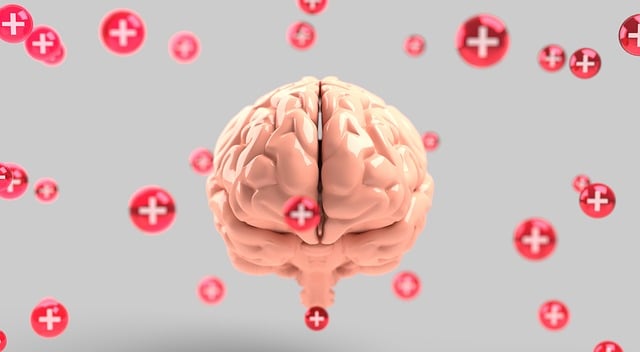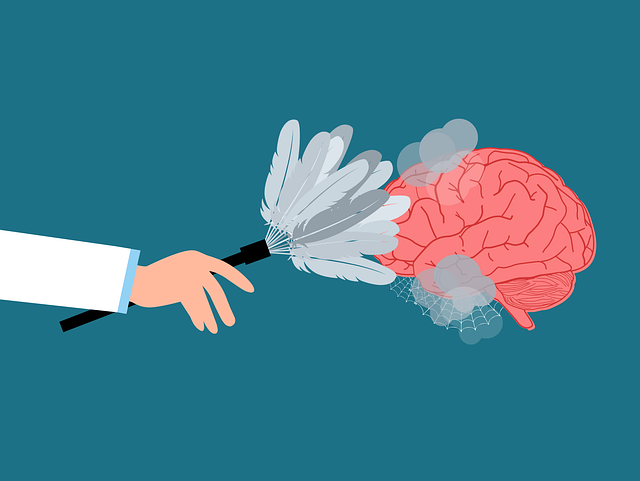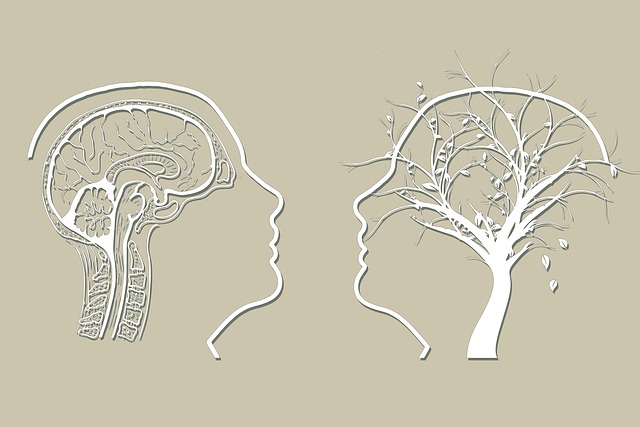TL;DR:
Therapy for elders with chronic illnesses requires a comprehensive approach addressing physical, cognitive, and emotional factors. This includes risk assessment, harm minimization strategies, trauma-informed care, and tailored interventions focused on stress reduction and self-care routines. Effective planning aims to create safe, supportive environments that enhance quality of life, prevent adverse outcomes, and respect elders' dignity by acknowledging their unique challenges, such as mobility issues and cognitive impairment.
In today’s digital era, understanding risk assessment is paramount for providing quality care to elderly patients with chronic illnesses. This article delves into three key aspects: understanding risk assessment methodologies specific to seniors’ needs, exploring harm minimization strategies in therapy that prioritize their well-being, and implementing effective planning for safer, more supportive care environments tailored to their unique challenges. By focusing on these areas, we can enhance therapeutic outcomes for elders managing chronic illnesses.
- Understanding Risk Assessment for Elderly Chronic Illness Patients
- Harm Minimization Strategies in Therapy: A Focus on Seniors' Well-being
- Implementing Effective Planning for Safer and More Supportive Care Environments
Understanding Risk Assessment for Elderly Chronic Illness Patients

Understanding risk assessment is paramount when addressing the unique challenges faced by elderly patients with chronic illnesses. This process involves a comprehensive evaluation of various factors that could potentially harm an individual’s well-being, including physical, cognitive, and emotional aspects. For elderly patients with chronic conditions such as heart disease, diabetes, or dementia, risk assessment goes beyond identifying medical vulnerabilities; it encompasses the complexities of aging and the impact of long-term health issues on their overall quality of life.
A thorough mental health policy analysis and advocacy is essential in this context, ensuring that interventions are tailored to meet individual needs. By incorporating stress reduction methods and promoting self-care routine development, healthcare professionals can empower elderly patients to better manage their chronic illnesses. This proactive approach not only minimizes the risk of adverse outcomes but also enhances their ability to maintain independence and enjoy a higher quality of life as they navigate the complexities of their chronic conditions.
Harm Minimization Strategies in Therapy: A Focus on Seniors' Well-being

In the context of therapy for elders suffering from chronic illnesses, harm minimization strategies play a pivotal role in enhancing seniors’ overall well-being. These strategies focus on proactive measures to mitigate potential risks and promote positive outcomes. One key aspect is providing seniors with effective mood management techniques, as many chronic conditions can lead to depression or anxiety. Therapists can offer evidence-based practices tailored to the elderly population, ensuring these interventions are accessible and culturally sensitive.
Additionally, trauma support services and crisis intervention guidance are essential components of harm minimization planning. Many older adults carry unresolved traumas from past experiences, which can impact their present mental health. By integrating trauma-informed care, therapists create a safe space for seniors to process these issues. Crisis intervention training equips professionals with the skills to provide immediate support during stressful or traumatic events, further safeguarding the well-being of this vulnerable demographic.
Implementing Effective Planning for Safer and More Supportive Care Environments

Implementing effective planning is pivotal to fostering safer and more supportive care environments, especially in the context of therapy for elders with chronic illnesses. A well-structured harm minimization strategy involves comprehensive risk assessments that identify potential hazards unique to this demographic. For instance, mobility issues require tailored interventions to prevent falls, while cognitive impairment necessitates clear communication strategies to enhance understanding and reduce confusion.
This planning extends beyond physical safety to emotional and psychological well-being. Encouraging the development of a self-care routine focused on better mental health can be a powerful tool. By incorporating principles of positive thinking and mind over matter, elders can cultivate resilience and cope more effectively with chronic conditions. Such approaches not only enhance their overall quality of life but also foster an environment that values and supports their inherent dignity.
Risk assessment and harm minimization planning are essential components of providing safer and more supportive care environments for elderly chronic illness patients. By understanding the unique risks associated with this demographic and implementing effective strategies, such as tailored therapy programs, we can significantly enhance their well-being. Focused efforts on harm minimization in therapy ensure that seniors receive compassionate and comprehensive care, fostering a better quality of life amidst chronic health challenges. This approach is pivotal in the context of therapy for elders with chronic illnesses, aiming to navigate the complexities of their conditions while promoting resilience and independence.












